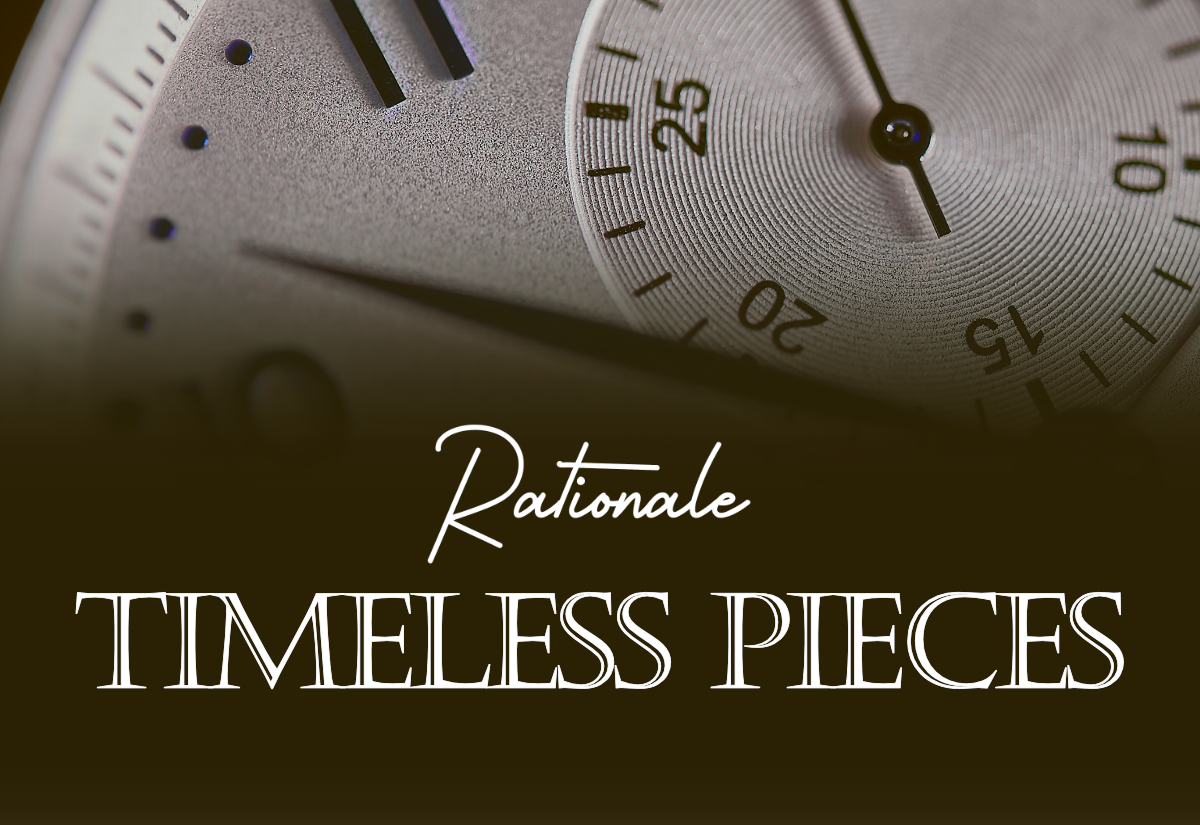This article is part of our ‘Timeless Pieces’ series of summer reading, featuring articles from our former hardcopy Australian Rationalist journal. The article was originally published in the Summer 2017 edition of the journal.
Income redistribution is the practice of using revenue gained from taxation of relatively wealthy persons to fund social programs and welfare benefits aimed to help poorer persons. It is commonly associated with, though not identical to, the practice of progressive taxation, in which the marginal rate of income tax increases with higher income levels.
Redistribution is a subject that has long polarised progressive (left-wing) and conservative (right-wing) political groups. Debates concerning income redistribution tend to focus on two main categories of issues: moral considerations related to the justification of redistribution in principle; and practical considerations concerning its efficacy when put into practice.
In this short essay I will focus exclusively on moral questions surrounding redistribution, and shall not attempt to present any firm conclusions, instead confining myself to presenting a brief overview of some of the critical philosophical issues at stake and key points of disagreement between progressives and conservatives.
Conservatives tend to be relatively hostile to, or at least sceptical of, income redistribution. Progressives are more likely to favour the practice. Progressives argue that redistributive taxation ameliorates economic inequality and helps poor and marginalised groups meet their needs, and therefore is morally justified, indeed imperative, in a just society.
Conservatives, on the other hand, argue that redistributive taxation is a form of coercion in which the state forcibly expropriates the property of some in order to give it to others. Even if the state puts the expropriated property to good use, they argue that such actions are illegitimate. As Robert Nozick has said “the state may not use its coercive apparatus for the purpose of getting some citizens to aid others’.
Too often debates concerning redistribution proceed no further than this: progressives argue that it reduces inequality, while conservatives argue that it is morally little better than theft. In order to advance the discussion, it is helpful to realise that which of these two characterisations one finds most convincing depends on how we evaluate the moral status of the income distribution that would prevail antecedent to any redistributive taxes.
Conservatives tend to think that this ‘pre-tax’ distribution has considerable moral importance, regarding it as sort of a ‘coercion-free’ baseline from which redistribution increasingly departs. Progressives, on the other hand, typically do not regard the pre-tax state as having any particular moral importance.
Liam Murphy and Thomas Nagel, for example, argue that “taxes do not take away from taxpayers what is antecedently theirs; pretax income has no status as a moral baseline for the purpose of evaluating the justice of the tax system.”
Instead, progressives tend to believe that the state of affairs with most moral relevance is that which would prevail in a just society in which everyone received what is necessary to meet essential needs, or in which everyone received what they justly deserve. John Rawls famously argued that the morally relevant state of affairs is that which we would regard as just if we were placed behind a “veil of ignorance” where we did not know which position in the society we ourselves would occupy.
While differing as to exactly what the ideal comparative state is, progressives generally agree in rejecting the conservative view that the pre-tax distribution of incomes in itself necessarily has any special moral standing. As such, attempts to move away from this state of affairs via progressive taxation are not regarded as necessarily suspect or problematic, since there was nothing special about the initial state of affairs to begin with.
In response to these views, conservatives typically attempt to provide some reason as to why the initial pre-tax distribution of income should be given some special moral standing. As noted previously, the notion of coercion or use of force is often central to such accounts. Thus, conservatives argue that the pre-tax distribution is the only one that can be obtained without use of coercion, force, or the threat of force, to take income from some people and give it to others.
They argue that if, for example, many individuals freely choose to buy the music of a particular popular singer causing that singer to become very wealthy, all that has occurred are voluntary transactions which both parties believe made themselves better off. The resulting distribution of incomes, therefore, is privileged in that it alone corresponds to the product of free choices of individuals, rather than the use of coercion or force. (This, of course, is assuming the absence of private forms of theft, extortion, fraud, etc, which progressives and conservatives alike generally regard as immoral.)
A second form of reasoning used by conservatives appeals to the idea that it is appropriate and just for people to enjoy the fruits of their own labour. Thus, if one person through their labour and skills earns a large income, it is unjust to deprive them of this income, even if we wish to use it for worthy ends.
Just as it would be wrong for private charities to rob the rich in order to obtain funds, so do conservatives believe it is wrong for governments to forcibly extract some portion of their earnings for redistributive taxation.
Debates concerning income redistribution tend to focus on two main categories of issues: moral considerations related to the justification of redistribution in principle; and practical considerations concerning its efficacy when put into practice.
There are two main progressive lines of response to such arguments. The first is to argue that, even if redistributive taxation is to some degree a moral bad on account of the sorts of reasons conservatives outline, it is nevertheless justified by the much greater goods achieved by the practice, such as reduced poverty and inequality.
The second response is to counter that taxation can only count as unjust expropriation if individuals originally had a just claim on the entirety of their pre-tax income. In actual fact, it is argued, no one ever rightfully has such a claim, since one is only ever able to receive income as a result of a complex web of practices, institutions, and public goods that make one’s economic activities possible, including the court system, public roads, police force, past investments made by others, publicly funded education, etc.
Since it would not be possible to earn much of any income without these things, and since these are not the result of one’s own actions or skills, it is therefore concluded that one never has a morally justified claim to the entirety of one’s pre-tax income, and thus government taxation for redistributive purposes does not constitute any sort of unjust violation of rights.
A stronger form of this argument contends that the wealthy actually are complicit in perpetuating an economic and political system in which they benefit at the expense of others, and as such the wealthy have little or no morally valid claim to any of their income at all. Note that both of these responses appeal to the causal mechanisms by which the pre-tax income distribution comes about, and thus are sensitive to one’s beliefs about the functioning of the economy and polity.
It is beyond the scope of this essay to attempt to adjudicate such views, so I will simply note that conservatives tend to emphasise the role of individual choices, talents, hard work, and initiative in bringing about a given distribution of income, while progressives emphasise the importance of social institutions, social class, luck, and unjust practices.
There is one final aspect of the income redistribution debate which I believe deserves some attention: namely the degree to which the wealthy have moral obligations to help the poor. Many people believe that the giving of alms to the poor, or making charitable donations to alleviate suffering, is a morally good thing to do. Where people differ is in whether or not this is regarded as supererogatory (something that is morally praiseworthy but not required), or whether it is something that all those with the means have a moral obligation to do.
The important point to understand is that conservatives and progressives do not necessarily hold common views with respect to this issue. Thus, progressives may regard redistributive taxation as just and appropriate, but not necessarily think we have any moral obligation to aid the poor beyond this.
Conversely, conservatives may regard redistributive taxation as unjust, but think that we are personally morally obliged to aid the poor through private charitable donations.
There is arguably a tendency for progressives to prefer government-based welfare entitlements and institutional reforms over private charitable work, but this again is a subject that goes beyond the scope of this essay. Suffice it to say that it is important to understand that one’s position on the moral obligation of the rich towards the poor is not reducible to one’s views on redistributive taxation.
The differences in the attitude of conservatives and progressives to the practice of redistributive taxation are the result of a diverse range of philosophical differences on a variety of issues. Progressives place more weight on the importance of a just distribution of income in society, while conservatives place a greater weight on the importance of preserving freedom of individual choices and action.
Furthermore, progressives tend to believe that the pre-tax distribution of income is largely the result of social and structural forces, and only minimally due to the effort or talents of individuals. Conservatives are likely to regard these individual factors as more important and the social factors as correspondingly less important.
There is, of course, much more to say about this complex and multifaceted issue, and a variety of other viewpoints that I have not considered in this short piece. Nevertheless, it is my hope that the ideas raised here will help readers to understand perspectives outside their own, and facilitate a better informed, more constructive discourse on this most important and long-standing issue.
Photo by Agê Barros on Unsplash.






